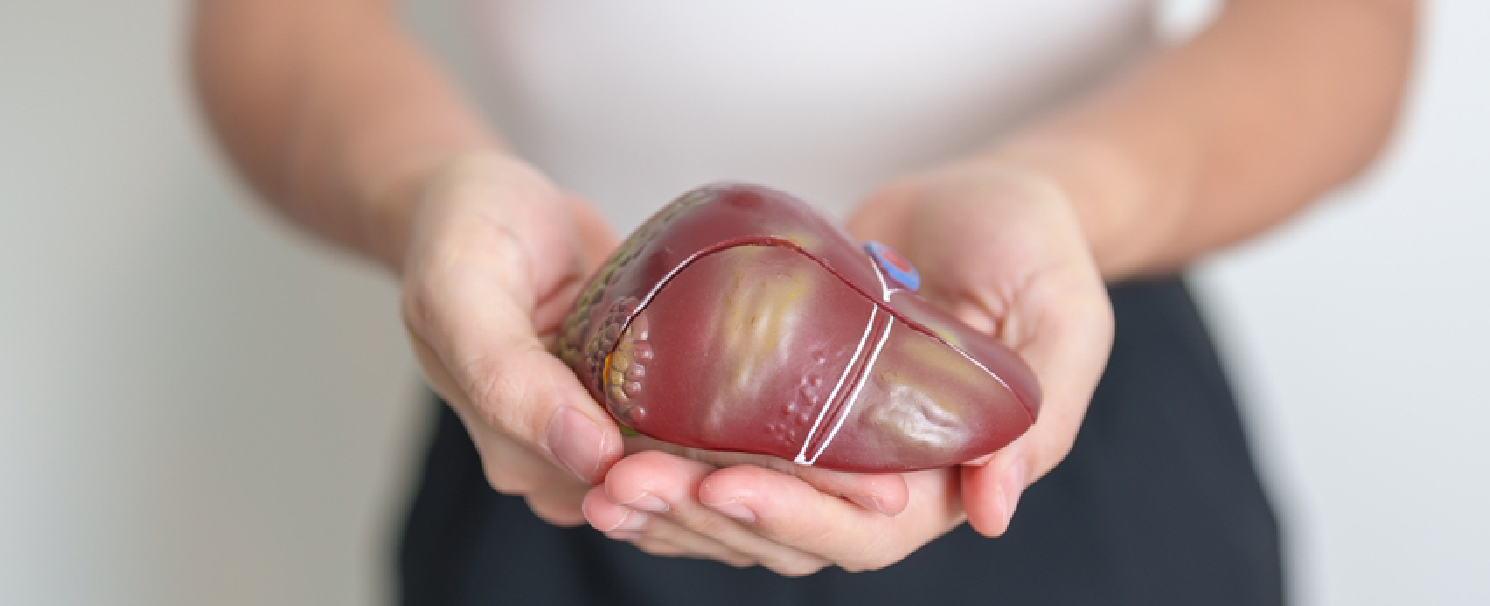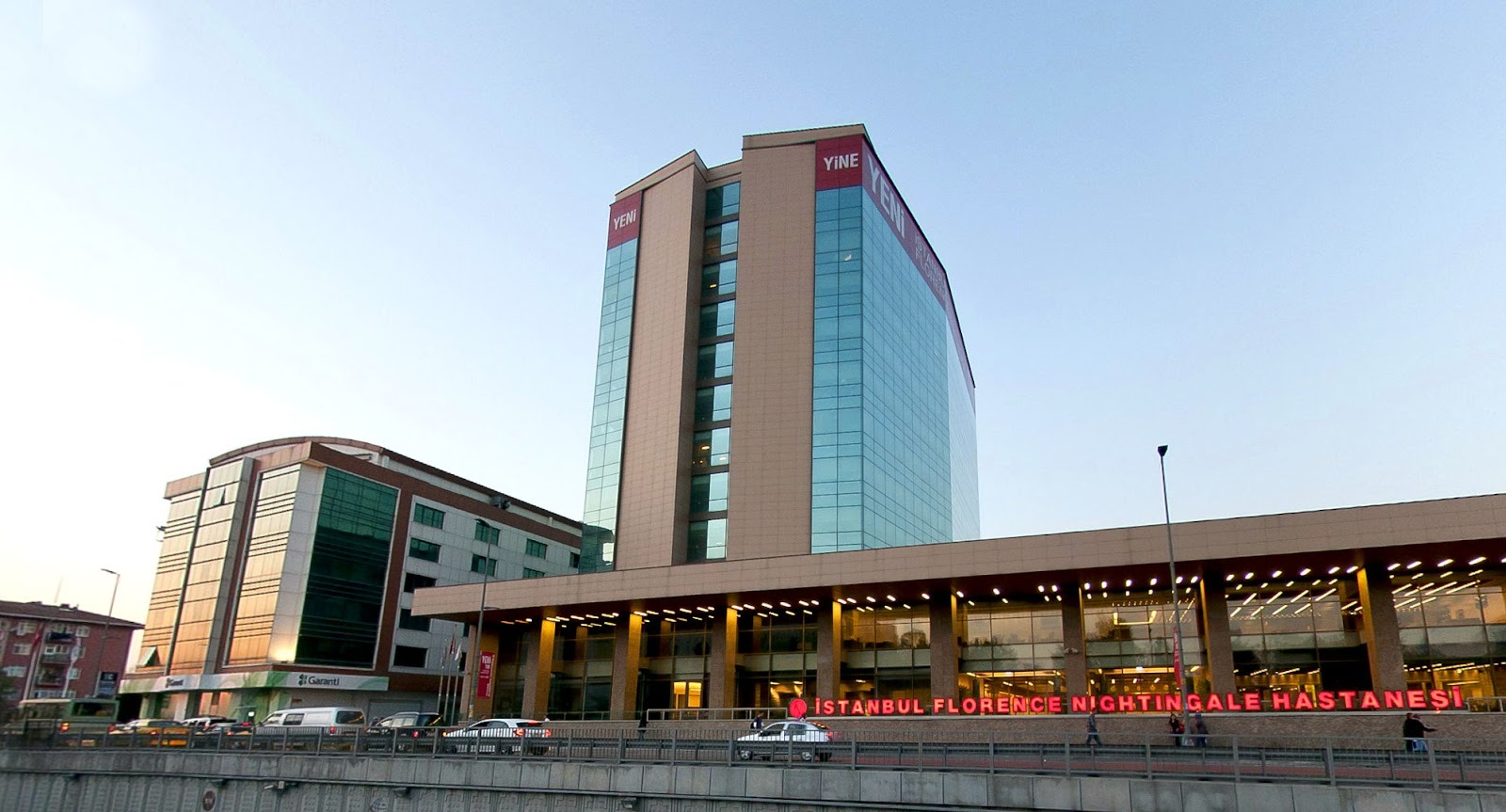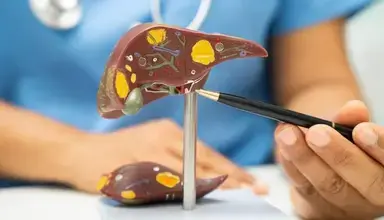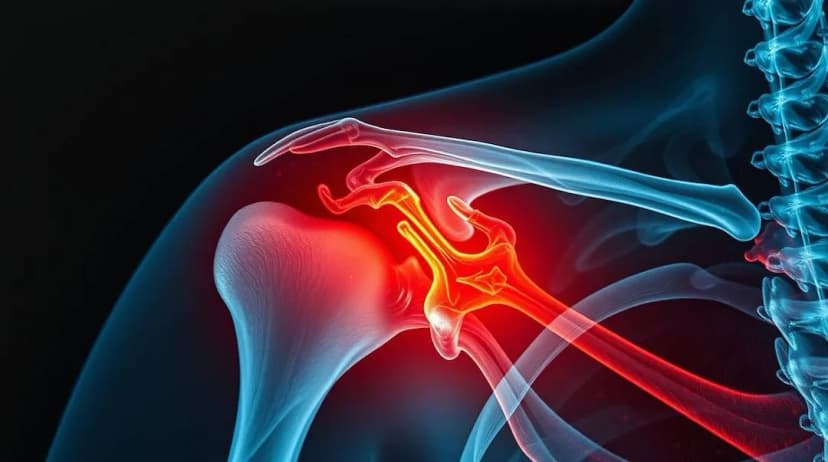Contents
Liver Transplant in Turkey
Turkey is a popular destination for medical tourists seeking a liver transplant. Not only is the cost of the procedure affordable, but the success rate of the country’s liver transplant operations is also on the rise. To ensure the best outcome for your procedure, it’s important to understand the process and potential risks involved.
Understanding the Process of Liver Transplantation
A liver transplant is a surgical procedure to replace a diseased or damaged liver with a healthy one from a donor. Before a transplant procedure can be scheduled, tests are usually performed to see if the potential recipient’s body is able to accept and support the new liver. The goal of a transplant is to improve the quality of life of the patient and restore effective functioning of the liver. Common conditions that trigger a liver transplant include liver cancer, cirrhosis, primary biliary cirrhosis, and nonalcoholic fatty liver disease.
The transplant process begins with a thorough evaluation of the patient to determine if they are a suitable candidate for the procedure. This evaluation includes a physical exam, blood tests, imaging tests, and a psychological evaluation. Once the patient is deemed suitable for the transplant, they will be placed on a waiting list for a donor liver. The wait time for a donor liver can vary depending on the patient’s medical condition and the availability of donor organs. Once a suitable donor liver is found, the transplant procedure can be scheduled.
Preparation for a Liver Transplant

Patients undergoing a liver transplant in Turkey must inform their doctor of any existing health conditions prior to attempting the procedure. Before undergoing any tests or surgery, they should also provide proof of their nationality and identity. Furthermore, they may be required to complete additional steps based on the current health regimen, such as blood tests and scans, to assess their suitability for the transplant.
In addition, patients should be aware of the potential risks associated with the procedure, such as infection, organ rejection, and other complications. It is important to discuss these risks with the doctor prior to the transplant, and to ensure that the patient is aware of the potential outcomes. The patient should also be aware of the post-operative care that will be required, such as regular check-ups and medication.
Benefits of a Liver Transplant in Turkey

The cost of a liver transplant in Turkey is considerably cheaper than in other countries, making it an attractive choice for those seeking to avoid high medical bills. Patients may even find that their insurance covers all or part of the cost. There are also other advantages, including shorter waiting times than may be found in other countries, as well as access to best-in-class care from experienced and highly-qualified surgeons who specialize in this type of procedure.
In addition, Turkey is home to some of the most advanced medical facilities in the world, with state-of-the-art equipment and technology. This ensures that patients receive the highest quality of care and the best possible outcomes. Furthermore, the country is known for its excellent hospitality, with many hospitals offering comfortable and luxurious accommodations for patients and their families.
Risks and Complications of Liver Transplant in Turkey
Although rare, there are potential risks associated with any surgical procedure, including a liver transplant in Turkey. Potential complications can include infection, damage to organs near the transplanted liver, bleeding, blood clots, blood vessel blockages, and organ rejection. To reduce these risks, it is important to choose a qualified surgeon and facility that have experience with successful results.
It is also important to be aware of the potential long-term effects of a liver transplant. These can include an increased risk of infection, a weakened immune system, and the need for lifelong medication to prevent organ rejection. Additionally, there is a risk of developing complications related to the donor organ, such as hepatitis or other infections.
Liver Transplant Cost in Turkey 2026
The cost of a liver transplant in Turkey can vary depending on a number of factors and it’s important to compare different options in order to identify the best value for money. On average, the cost of a liver transplant in Turkey ranges from $55,000 to $90,000. In general, costs are typically lower than those in other developed countries, making it an attractive option for many people. As previously mentioned, insurance companies may also provide some coverage for all or part of the procedure.
In addition to the cost of the procedure itself, there are other associated costs to consider. These can include the cost of travel to and from Turkey, accommodation, and any additional medical tests or treatments that may be required. It is important to factor in all of these costs when making a decision about whether to have a liver transplant in Turkey.
Who is Eligible to Receive a Liver Transplant in Turkey?
Patients must be evaluated to determine their eligibility for a liver transplant in Turkey. Individuals who have certain chronic medical conditions, such as cancer or HIV/AIDS, may not qualify and those who smoke or abuse drugs may not be accepted as candidates. Furthermore, doctors will also consider age, sex, mental health and lifestyle habits when determining whether a potential patient is suitable for the procedure.
In addition, the patient must have a suitable donor available. The donor must be a close relative, such as a parent, sibling, or child, and must be in good health. The donor must also be willing to undergo the necessary tests and procedures to ensure that the transplant is successful. Finally, the patient must have the financial resources to cover the cost of the transplant.
Note on Deceased Donors: Cadaveric (deceased donor) transplants are reserved strictly for Turkish citizens on the national waiting list and are not available for international patients.
Success Rate of Liver Transplant in Turkey
The success rate for liver transplants in Turkey has improved significantly over recent years and patients can now expect positive outcomes when receiving the procedure at approved medical facilities. In addition, since there is no shortage of donor organs in the country (due to the high number of donors opting into the national organ transplant program) the wait time for potential recipients can be significantly reduced.
The success rate of liver transplants in Turkey is now comparable to other countries in the region, and the country is becoming a popular destination for medical tourists seeking the procedure. The cost of the procedure is also significantly lower than in other countries, making it an attractive option for those looking to save money. Furthermore, the quality of care provided by medical professionals in Turkey is of a high standard, ensuring that patients receive the best possible treatment.
Aftercare and Recovery Following a Liver Transplant
Once the transplant has been completed, patients typically need to remain in hospital for additional monitoring and aftercare. The postoperative journey can be hard on patients and family members alike, so it is important to have access to support networks to ensure that the transition is as smooth as possible. Regular check-ups may also be necessary over time to monitor health and ensure that no adverse effects occur.
It is important to follow the doctor's instructions for aftercare and recovery, including taking medications as prescribed and attending follow-up appointments. Patients should also be aware of the signs and symptoms of infection and rejection, and contact their doctor if any of these occur. Additionally, lifestyle changes such as quitting smoking, eating a healthy diet, and exercising regularly can help to ensure a successful recovery.
Selecting the Best Liver Transplant Clinic and Surgeon
Selecting the best surgeon for your liver transplant in Turkey is essential for maximizing your chances of success. Patients should look for clinics and surgeons who have extensive experience with this type of operation. You should also research the qualifications and credentials of any potential doctor or clinic before committing to an operation.
It is important to ask questions about the surgeon's experience and success rate with liver transplants. You should also inquire about the clinic's safety record and any potential risks associated with the procedure. Additionally, you should ask about the recovery process and any post-operative care that may be necessary. Finally, make sure to ask about the cost of the procedure and any payment plans that may be available.
Best Hospitals for Liver Transplant in Turkey

- Memorial Hospital
- Liv Hospital
- American Hospital (Amerikan Hastanesi)
- Medipol Mega University Hospital
- Florence Nightingale Hospitals
- Anadolu Medical Center
- Acibadem Healthcare Group
- Medical Park Hospitals
- Hisar Intercontinental Hospital
- Lokman Hekim Hospital
Best Liver Transplant Surgeons in Turkey
- Prof. Abuzer Dirican: 29 years of experience, Florence Nightingale Hospital. Expert in surgical oncology and liver transplants. Authored key medical chapters.
- Pekize Eker Balcioglu: 23 years, Hisar Intercontinental. Known for split-liver and living donor techniques. Trained in Europe.
- Volkan Turunc: 25 years, Memorial Şişli. Uses all major transplant techniques. Experienced with international patients.
- Murat Dayangac: 23 years, Medipol Mega. Trained at Mayo Clinic. Published over 70 transplant-related articles.
- Mesut Pekmez: 23 years, Lokman Hekim. Active in national surgical associations.
- Ayhan Dinçkan: 21 years, Liv Hospital Bahcesehir. Performed over 1,000 transplants, including combined organ operations.
- Yildiray Yuzer: 41 years, Florence Nightingale. Over 4,500 transplants. Fellowship at Memorial Sloan-Kettering Cancer Center.
How A-Medical Can Help With Liver Transplant in Turkey
At A-Medical, we understand that every day counts when you need a liver transplant, which is why we eliminate the uncertainty and bureaucracy of medical travel by offering immediate surgery scheduling with zero waiting time. We provide a seamless, all-inclusive pathway to Turkey’s top JCI-accredited surgeons and high-volume transplant centers, handling every detail from free second medical opinions and medical visa assistance to complex legal and ethics committee approvals for living donors. From the moment you arrive, you will be supported with VIP ground transfers, dedicated medical translation, and transparent, fixed-pricing with no hidden fees, followed by our ongoing remote coordination for your long-term recovery once you return home.




